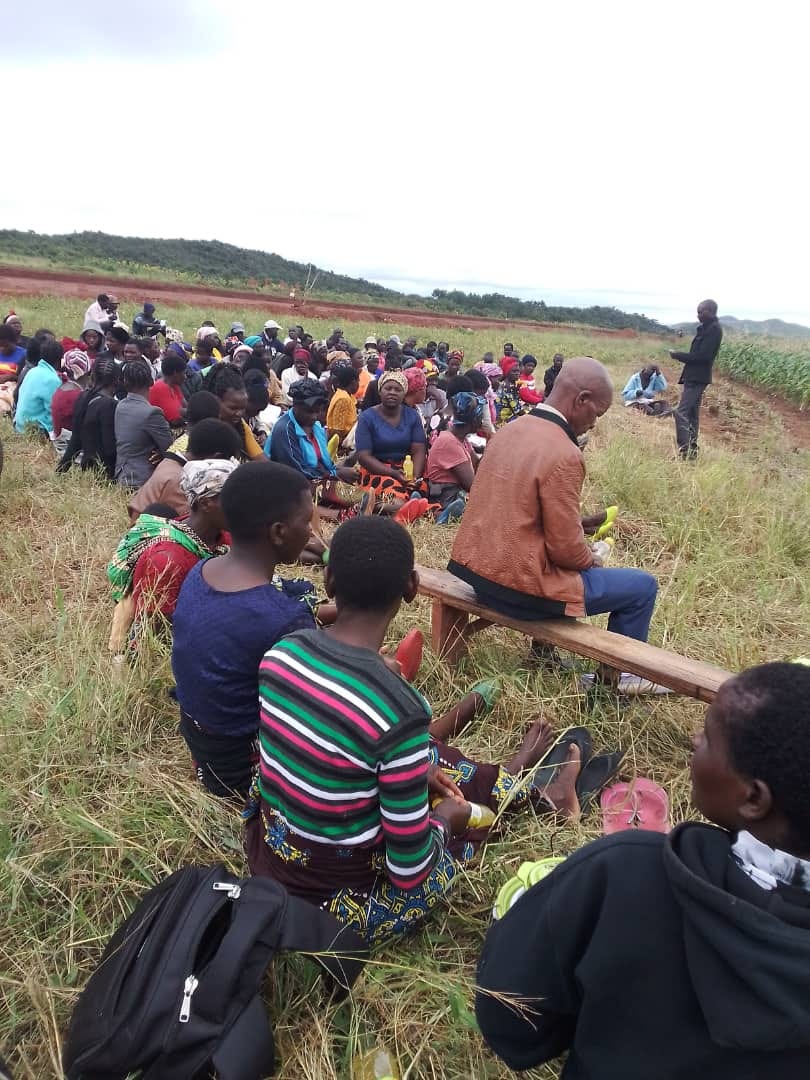Farmers urged to use modern tech against fall armyworms
TLC and ICIPE are implementing the project in six Malawian districts, including Mzimba, with GIZ funding to demonstrate modern innovations for fall armyworm control until 2025.
MZIMBA, Malawi— Farmers in Mzimba have been advised to embrace modern technologies for controlling fall armyworms in their maize fields to maximize yields, writes James Nyirenda.
George Mavimba, agriculture extension development coordinator for Champhira EPA, said Monday that 30% of maize fields in his area were affected by fall armyworms, which could result in low harvests this year.
Mavimba spoke during a field day organized by Total Land Care (TLC) in collaboration with the International Centre of Insect Physiology and Ecology (ICIPE) to showcase new methods of controlling fall armyworms.
"If you use other chemicals to control pests, you destroy friends of the farmer like bees which help in pollination, but these modern technologies will help maintain them and as a result a farmer will harvest bumper yield," Mavimba said.
He encouraged farmers to use local methods like "bonya" and dust in fending off fall armyworms, in addition to technologies like push-pull, pheromone traps and biopesticides demonstrated at the event.
Emma Nyirongo from Inkosi Mzikubola's area used a pheromone trap in her maize field during the 2023/2024 growing season and is optimistic of a bumper yield, as the technology helped control fall armyworms.
Chikondi Mlera, TLC's climate smart agriculture specialist, said the project aims to mitigate climate change effects that have impacted maize production and assist smallholder farmers who cannot afford pesticides.
"This coming 2024/2025 growing season we're going to work with more farmers and we want them to trust and promote these new technologies not only at an individual level but also at community level," Mlera said.
TLC and ICIPE are implementing the project in six Malawian districts, including Mzimba, with GIZ funding to demonstrate modern innovations for fall armyworm control until 2025.



